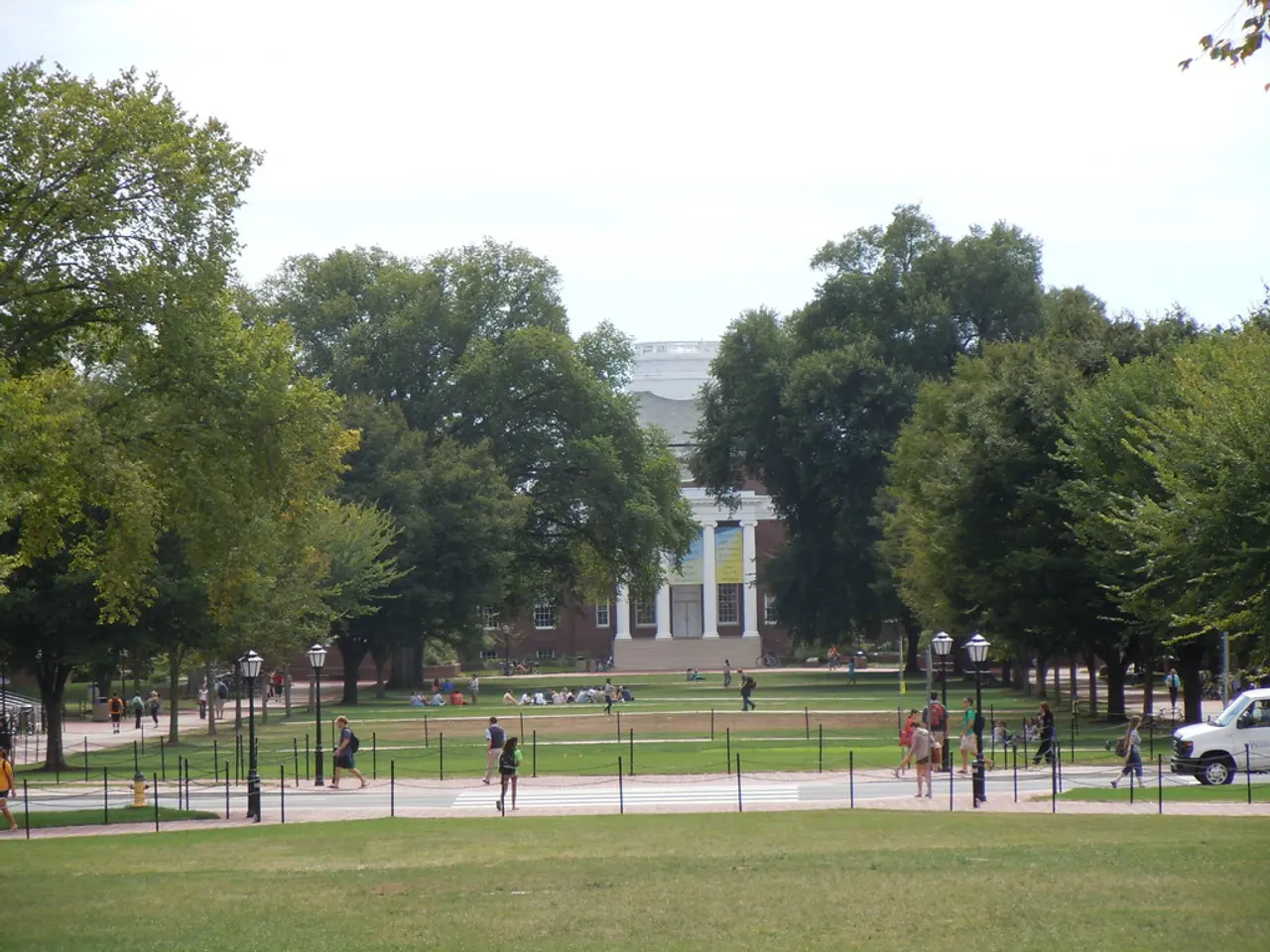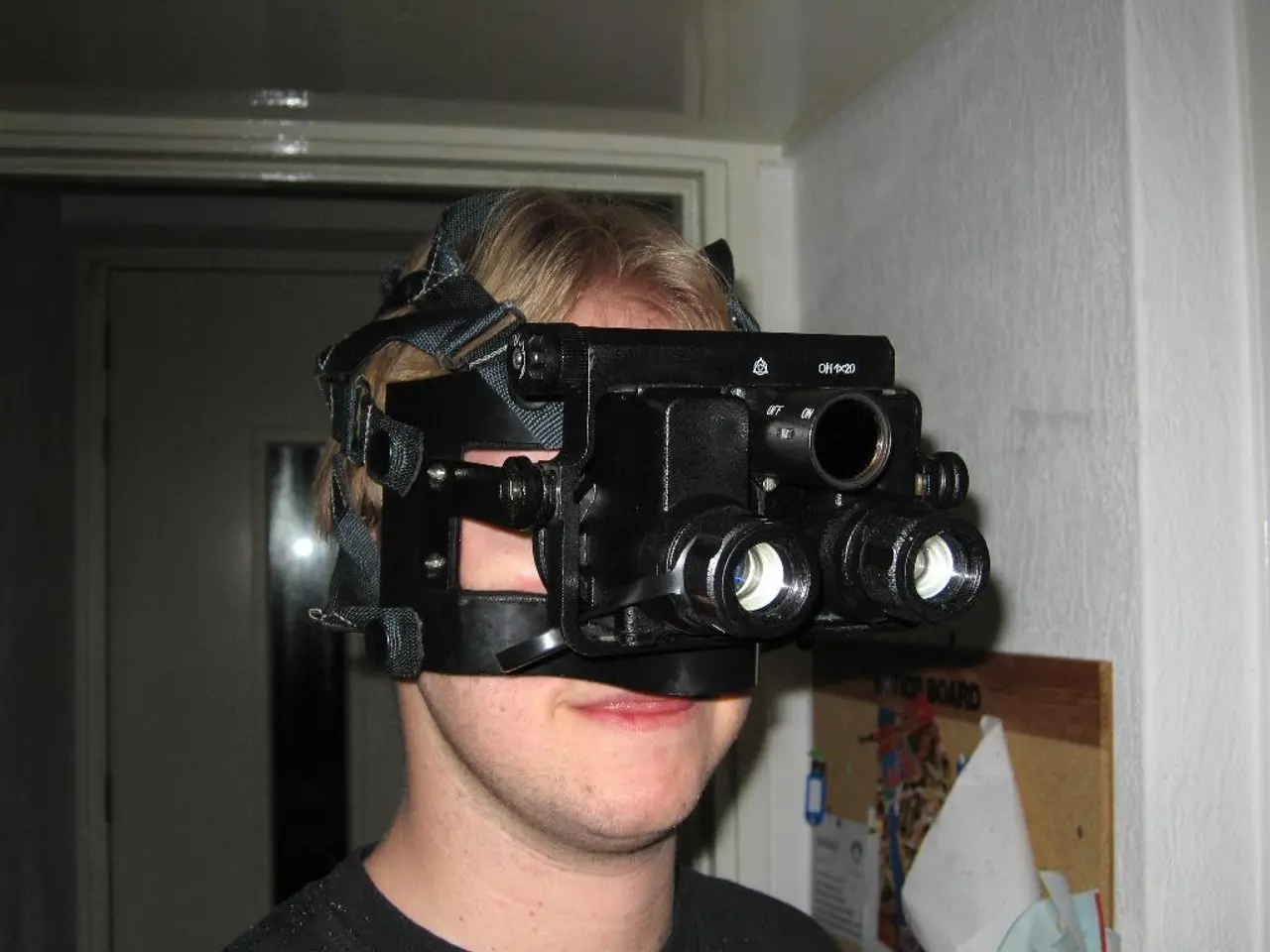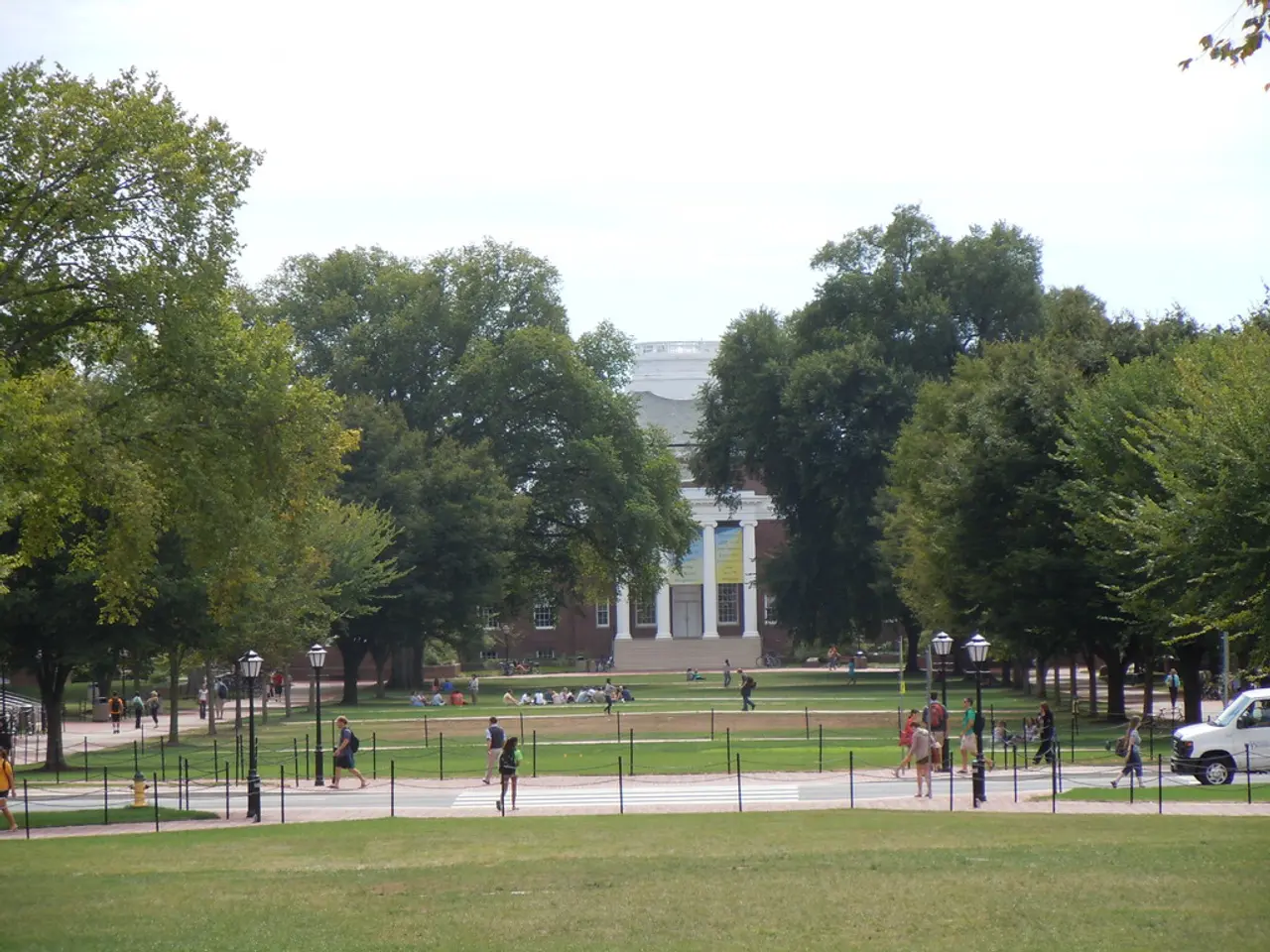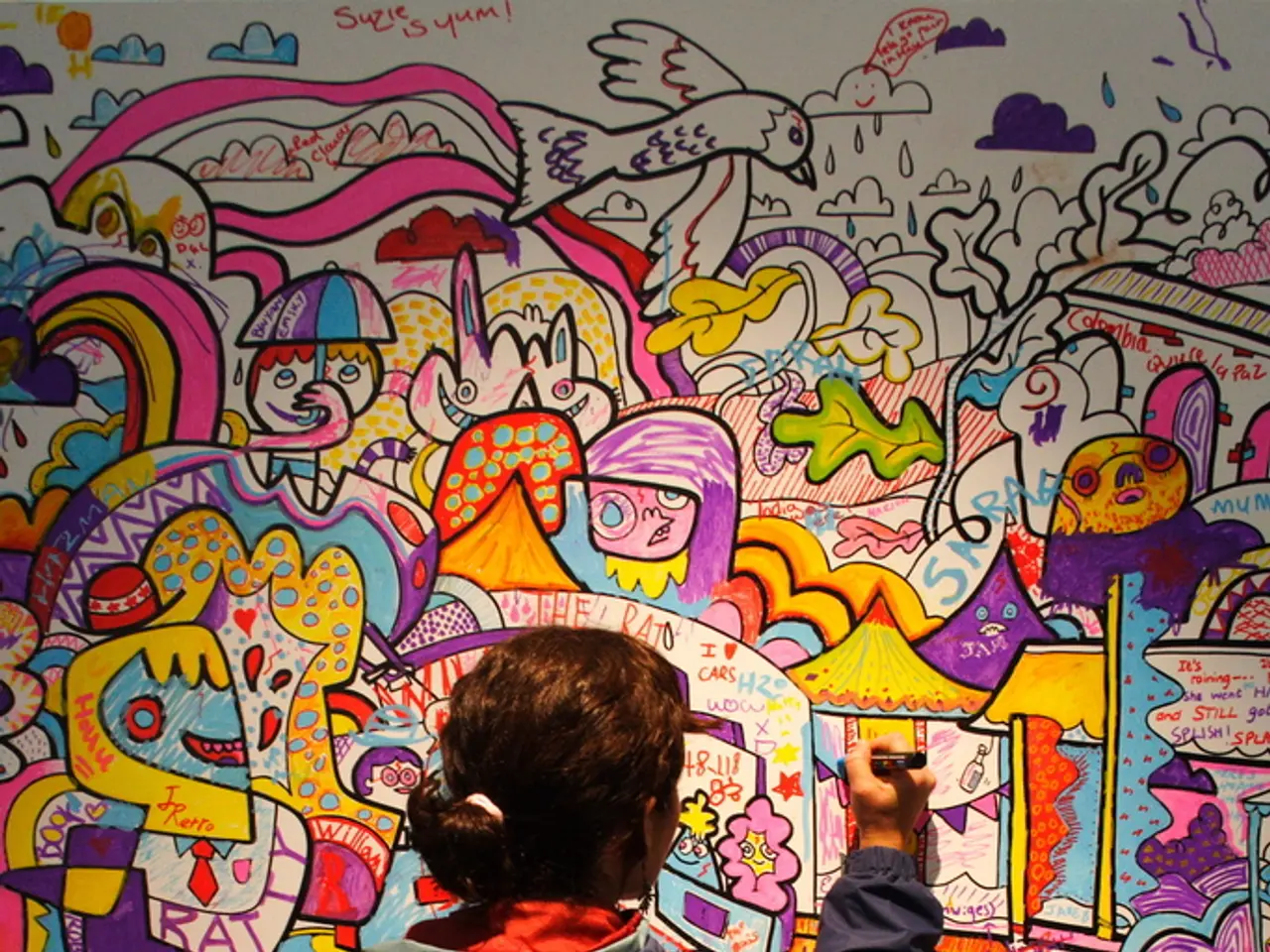Guidance and Opportunities for Professional Advancement for Teachers and Staff Members
In the ever-evolving world of work, Oberlin College is leading the way in preparing students for successful and fulfilling careers. The college's innovative approach to career development is designed to expand students' career possibilities, facilitate social mobility, and equip them with the skills necessary to thrive in a rapidly changing job market.
At the heart of this approach is a focus on continuous, personalised learning, skills development, and structured planning. These strategies aim to create an educational environment that not only equips students with relevant skills and knowledge but also provides clear, actionable pathways to diverse careers.
One key component of this approach is the embedding of continuous learning and upskilling. By encouraging students to adopt a lifelong learning mindset, Oberlin College seeks to develop durable skills such as critical thinking, problem-solving, digital literacy, and emotional intelligence. The integration of technology like AI and digital tools in learning helps prepare students for evolving job markets and broadens opportunities across sectors.
Another crucial aspect is the implementation of Personalised Career Development Plans (CDPs). These structured, goal-oriented plans help students map their current abilities, identify skill gaps, set achievable career objectives, and track progress over time. This guided approach expands career possibilities in a realistic manner.
Access to resources and support systems is also essential. Oberlin College provides students with career counselling, mentoring, and digital tools for self-assessment and planning. Establishing partnerships with employers and integrating real-world experiences enhances exposure to diverse career pathways, promoting social mobility.
Developing digital competencies and technological fluency is another priority. Integrating technology-focused curricula that build digital literacy, data analytics, cybersecurity awareness, and familiarity with emerging technologies is crucial for many modern and future careers. This helps level the playing field, especially for students from disadvantaged backgrounds, by expanding access to high-growth sectors.
Flexible and inclusive learning pathways are offered to accommodate diverse learner needs. Modular, flexible education options such as MOOCs, VR-based training, and hybrid learning models allow students to tailor their learning trajectories to their interests and socio-economic contexts, reducing barriers to career advancement.
Encouraging reflective and adaptive career development practices is also important. By teaching students to regularly evaluate and revise their career goals and actions, Oberlin College fosters adaptability in a changing job landscape. Guidance in self-monitoring progress and celebrating milestones nurtures motivation and resilience.
In conclusion, Oberlin College's innovative approach to career development is a powerful tool for facilitating social mobility and broadening career possibilities. While these strategies focus on individual skill-building and planning, systemic support—including equitable access, mentorship, and employer collaboration—is essential for maximal impact. By integrating various aspects of students' educational experiences, Oberlin College is transforming education to meet the needs of the 21st-century workforce.
Students at Oberlin College are empowered to expand their career opportunities through Personalised Career Development Plans, which help them map their skills, identify gaps, set achievable objectives, and track progress. In addition, the college emphasizes education-and-self-development, encouraging students to develop crucial skills like critical thinking, problem-solving, and digital literacy through continuous learning, equipping them for career-development in a rapidly changing job market.




